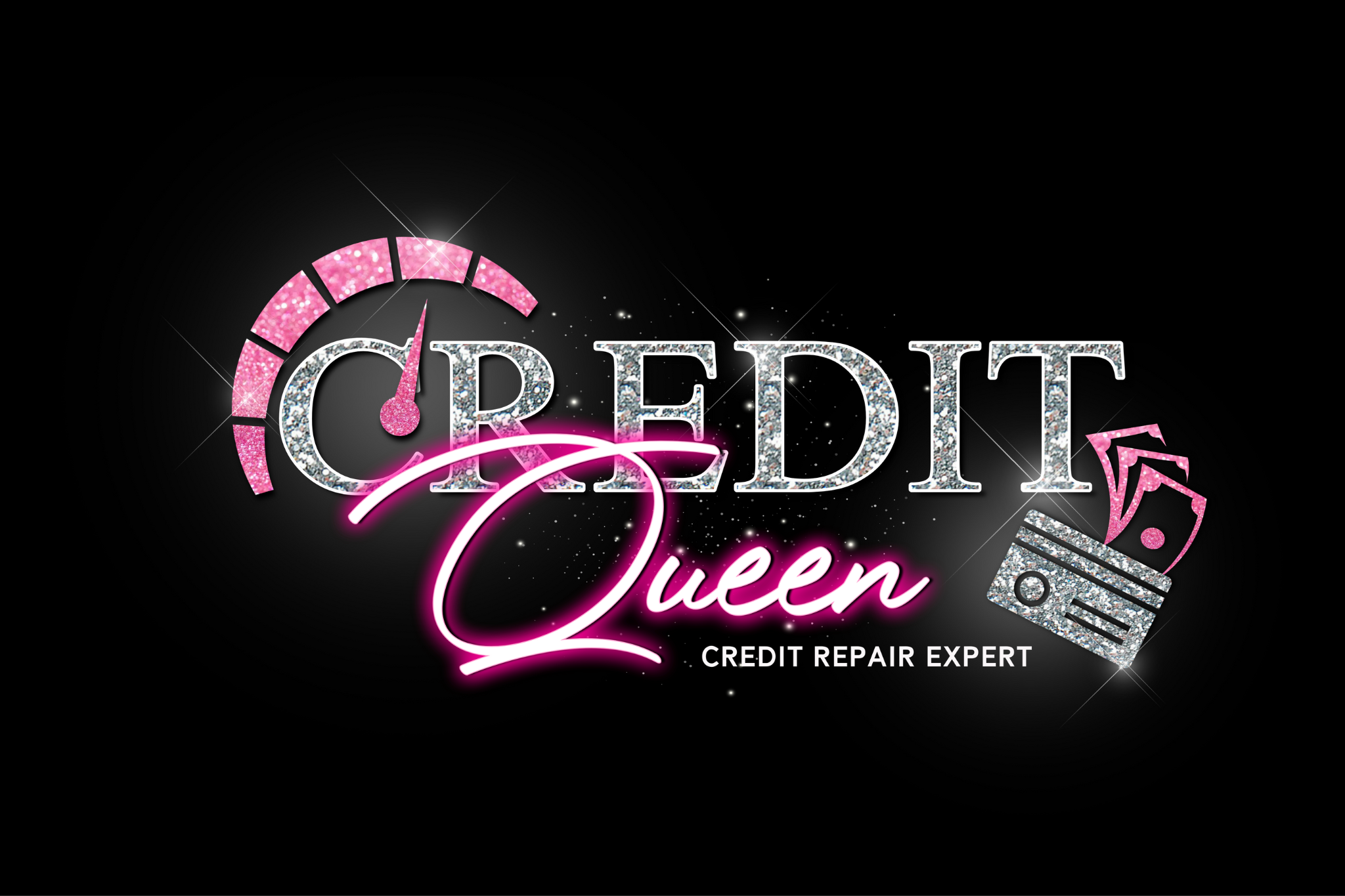What’s the Deal with the Credit CARD Act of 2009?
Hey there, credit card enthusiasts! Let me introduce you to the fabulous Credit CARD Act of 2009. This federal law is like a superhero for consumers, swooping in to protect us from unfair credit card practices and giving us more rights than ever before!
So, what exactly does the CARD Act do?
Well, it’s all about transparency and fairness. It requires credit card issuers to be crystal clear about the terms and conditions of our cards, no more sketchy fine print.
They also have to give us a heads up before making any changes to our accounts, so we’re never caught off guard.
But it doesn’t stop there, my friends.
Okay, so the CARD Act is basically a bunch of rules to protect consumers when it comes to credit cards. Here are the most important changes:
No more sneaky interest rate hikes
The CARD Act has our backs when it comes to interest rates and fees too. No more surprise rate hikes on existing balances – those are only allowed under very limited conditions. And if you don’t like the new terms, no worries, you’ve got a whole 45 days to shop around for a better deal.
Protects the youth
Oh, and let’s not forget about our young adults. The CARD Act limits credit card companies from preying on them.
They can’t just go giving credit cards to anyone under 21, unless they’ve got a responsible adult co-signer or can prove they have enough income to pay off the debt.
Plus, those sneaky credit card companies have to keep their distance from college campuses and stop tempting students with free pizza in exchange for signing up.
Transparency on dates and times
Payment due dates are now fair game too. No more early morning deadlines or arbitrary cutoff times. You’ve got a reasonable amount of time to pay your bill – at least 21 days after it’s mailed or delivered. And if your due date falls on a weekend or holiday, no late fees for you!
Opt out if you disagree with any major changes
And get this – you now have the power to opt out of any major changes to your account. If you don’t like what they’re offering, you can close your account and pay off the balance under the old terms. You’ve got at least five years to do it, so take your time!
The CARD Act killed off something called universal default
Sounds scary, right?
Basically, it meant that credit card companies could hike up your interest rates based on your payment history with completely unrelated companies.
But not anymore!
They can only do that for future balances, and they’ve got to give you a heads up at least 45 days in advance.
No more ridiculous over-limit fees
You have to say “yes” to these fees now, otherwise your transactions will just get rejected if you go over your credit limit. And if you do opt in, the fee can’t be more than the amount you overspend. Plus, the card issuer can only charge one over-limit fee per billing cycle.
Know what you’re getting into
Credit card issuers have to be straight up with you about how long it’ll take to pay off your balance if you only make the minimum monthly payment. And they have to give you info on how much you need to pay each month to pay it all off in 36 months. No more hiding the facts.
Paying the wrong way
In the past, credit card companies would apply your payments to the balances with the lowest interest rates first, making it take longer to pay off the high-interest balances.
Not anymore!
Now, any extra payments you make have to go toward the balances with the highest interest rates. And if the company messes with where you send your payments, they can’t charge you extra.
Subprime relief
If you’re dealing with a not-so-great credit card and they charge you a big fee when you open the account, they can only take up to 25 percent of your available credit limit.
They can’t include other fees in that 25 percent, like late fees or penalties.
But be careful, some sneaky companies started charging fees before you even open the account.
Put a cap on late fee
Late fees are annoying, but at least now there’s a limit. It’s $30 for an occasional late payment, but if you’re late more than once in six months, it can go up to $41. Those fees can change though, thanks to inflation.
No more going back in time
Credit card companies can’t calculate interest charges based on stuff you bought in the last billing cycle. They have to stick to what you spend in the current cycle. This is great news for people who pay off their balances, ’cause they won’t get hit with interest from the past.
Keep those gift cards alive
Gift cards can’t expire until five years after they’re issued. And you should be able to easily find the info about when they expire.
If you don’t use the card for a year, they can charge you a fee, but only once a month and there’s no limit on how much it can be.
So there you have it, the CARD Act is like your own personal superhero protecting you from all the credit card tricks and traps.
You won’t believe what the CARD Act doesn’t protect you from!
Sure, the CARD Act was a step in the right direction, but let’s talk about what it doesn’t cover.
First off, if you have a business or corporate credit card, this law doesn’t regulate it at all. So you’re on your own with those.
But that’s not all.
Credit card companies still have the power to hike up your interest rates without any limits. They can raise the rates on future purchases, and there’s no cap on how high they can go. And if your card has a variable APR, brace yourself for higher interest rates as the prime rate goes up.
And get this, credit card companies can close your account or slash your credit limit without warning. They have the freedom to do it, and you can’t do anything about it. Talk about being blindsided!
And don’t even get me started on those sneaky add-on products they try to push on you. The law doesn’t stop credit card issuers from selling you things like debt protection that you don’t want, need, or even understand. It also fails to ensure that you have accurate information about identity theft protection add-ons.
Oh, and rewards programs?
The law doesn’t regulate those either. So you’re left comparing apples to oranges when it comes to rewards.
And credit card companies can manipulate those rewards and make it nearly impossible for you to qualify or change them so they’re less valuable to you.
And let’s not forget about security
The CARD Act doesn’t do a darn thing to protect your personal data or prevent unauthorized transactions online. It’s like leaving your front door wide open for any hacker to stroll right in.
But hey, the CARD Act did bring some good things
It made credit card issuers be more transparent and gave cardholders a chance to bail before changes take effect. It also put some limits on fees and stopped marketing to young adults.
So while it’s not perfect, your credit card superhero-the CARD Act of 2009 did give consumers more power and had a big impact on the credit card industry. Say goodbye to unfair practices and hello to transparency and protection.
Did you know this act exists? Share your thoughts below in the comments.
Know Your Rights! Check out the other ways the laws protect you
SEE ALSO: Credit Repair Organizations Act (CROA): What You Need to Know













